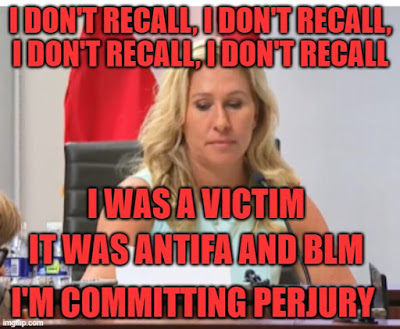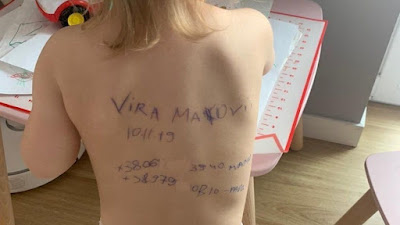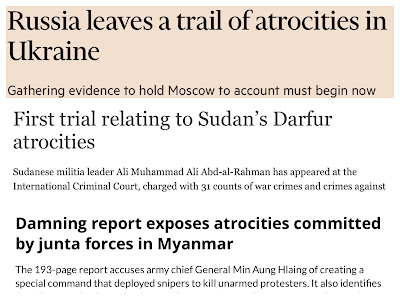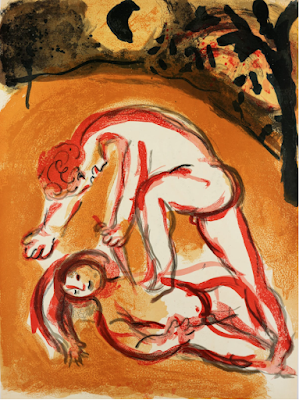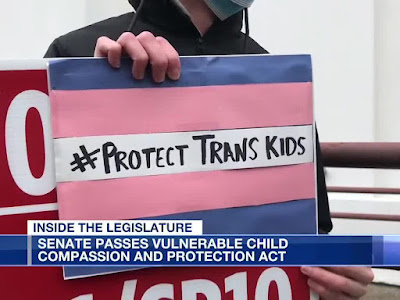by Moira Magneson
 |
| The Kramatorsk railway station was hit by Russian missiles at about 10:30 local time (07:30 GMT) on Friday, April 8. Ukraine’s governor of Donetsk, Pavlo Kyrylenko, has said the death toll has risen to 50. That number includes five children… The mayor of Kramatorsk said there were 4,000 people, most of them elderly, women and children, at the station at the time of the attack. —The Guardian, April 9, 2022 |
Only yesterday Nadezhda had gone with her mom to pick up the red
eyeglasses. Once they'd been fitted, looped around her ears, snugged
to the bridge of her nose, she stepped into the street and the sudden
fanfare of the world rose to meet her—linden trees lining the sidewalks,
their green clear song—the sharp corners of buildings, the pebbled earth, the perfect
yellow rings of the blackbird's eyes.
Why had no one told her life could look like this?
At five a.m. today, glasses on, she was strangely happy packing up her belongings
alongside her mom and sister—a duffel, two suitcases, her sister's stuffed pink
hippo, a carrier for her cat.
Their neighbor dropped them off at the train station, promising to see them soon—
When the war is over.
Hundreds queued on the platform, bundled in down, watchcaps, scarves, and coats, some wearing surgical masks, westward bound to Lviv and safety.
Jostling shoulder to shoulder, hip to hip, one long winding caterpillared creature, one breath steaming in the morning air.
Nadezhda reveled in the dazzle, color, and length of it, heartswelling, newfound sight
taking in each detail, scrap, and shape, vowed to love everyone, even
the lead-grey pigeons hobbling in the dust.
It was half past ten when she heard the cat's mewl and twisting cry.
It was half past ten when she saw the birds wheel up into the cobalt sky.
Half past ten when she felt the wave of wind shove through her skin.
She turned to her sister to say—
How do the birds know to rise as one?
The words stilled forever on her tongue.
Red eyeglasses spilled on the red stained brick.
Author's note: When I read about the Kramatorsk train station bombing on my phone's news feed, the videos and photographs of people's personal belongings—children's stuffed animals, juice boxes, eyeglasses strewn pell-mell across the blood-stained brick—filled me with horror, driving home all over again the cruelty and pointlessness of war. I wondered what it must be like to be a child living and traveling in wartime. How might a child see the war? How could she possibly make sense of it? This poem—with its imagining of a child I call Nadezhda—emerged from these questions.
Moira Magneson's work has appeared in a variety of journals and anthologies, including Plainsongs, Canary, The Rumpus, The Tule Review, California Fire and Water—a Climate Crisis Anthology, and Halfway to Halfway and Back. Her chapbook He Drank Because was published by Rattlesnake Press.




